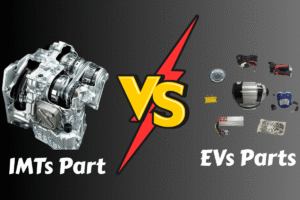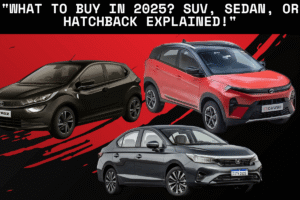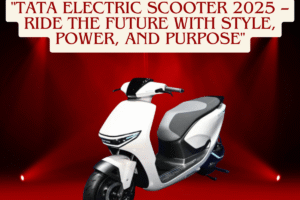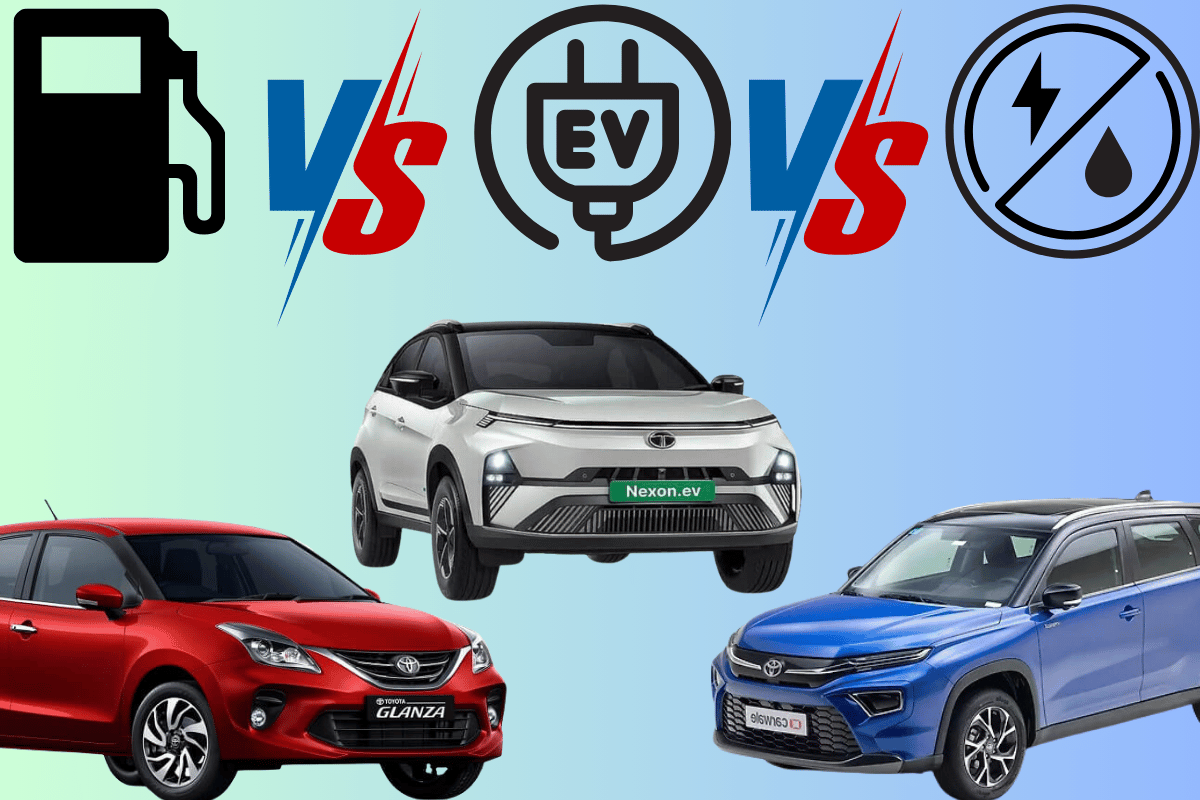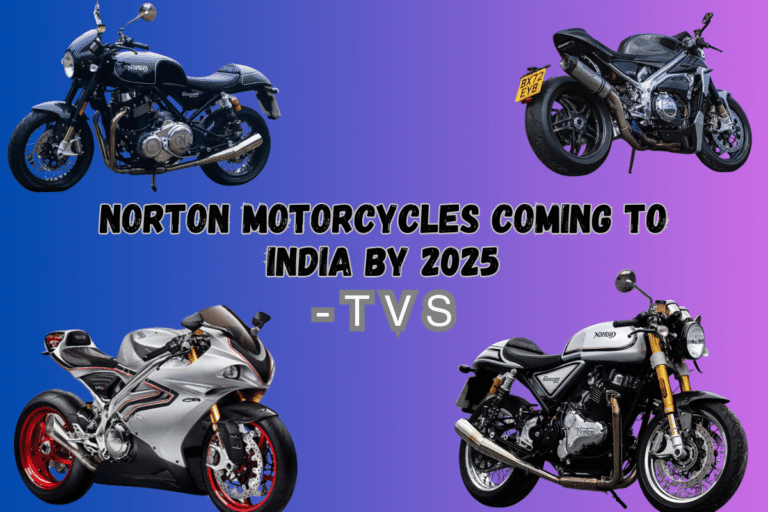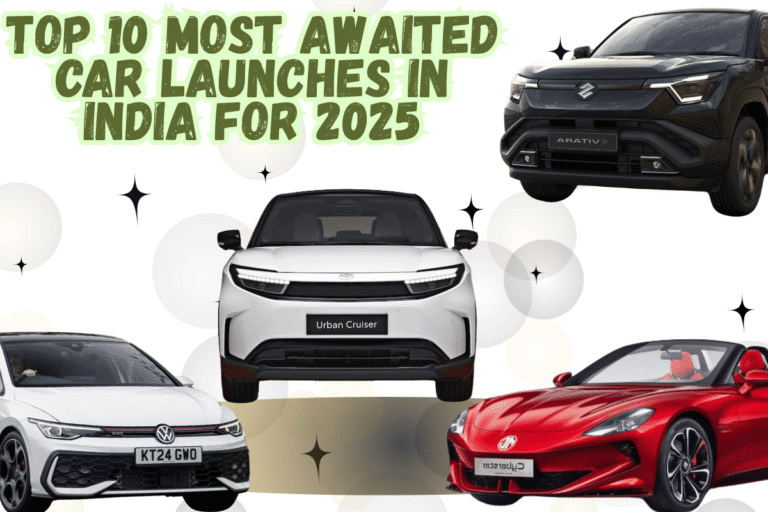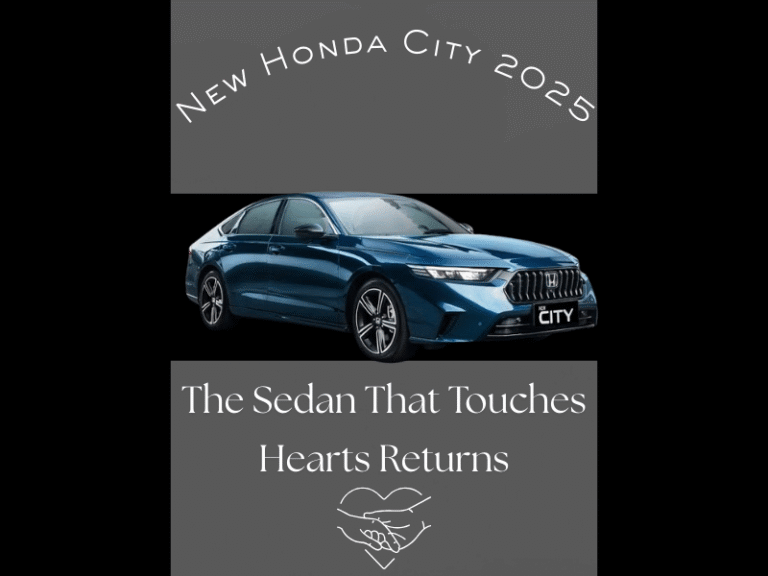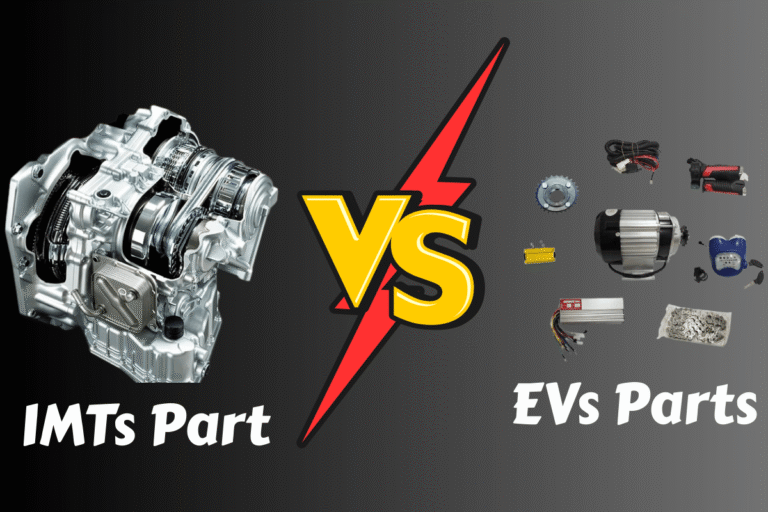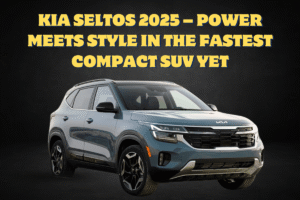Electric vs Hybrid vs Petrol: Which Is Your Best Choice in 2025?
Now choosing a car in 2025 may become Difficult with the multiple options available. Electric vehicles (EVs) and hybrids, alongside the regular petrol vehicles, each have their sets of pros. This guide is the “nuts and bolts” to get you started down making the right choice for you.
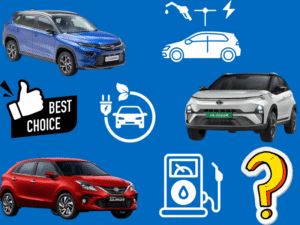
1. Equipping Yourself with the Basics

Electric Vehicles
With these vehicles, electricity is the only source of power, and they do not emit any poisonous gases like exhaust from a petrol car. The car charges its power source, called batteries, at home or via public charge points.
Hybrid Vehicles
Hybrid cars can be used with both the petrol and electric motor. They either run on one power source or mix both to use less fuel.
Petrol Vehicles
Your petrol car uses an engine that burns petrol to ride daily. Fuel stations for petrol cars are easy to come by simply because the whole system is already in place.
2. Economic Considerations
Price of EVs for purchase
Usually, the retail price is higher due to battery technology. The government provides schemes that may reduce these costs.
- Hybrid cars are in the middle of the price range between electric and gasoline-powered cars. Because of their better fuel efficiency, their operational costs can be reduced.
- Since petrol cars are generally counted as being more price saver, one would think that they are good options for a normal person.
- Running Costs: EVs are less expensive to run because they have lower moving parts and require less maintenance because of their reasonable electricity.
- hybrids use less fuel than gasoline-powered cars, fuel costs are reduced.
- Vehicles powered by gasoline: With time, the price of petrol increases and it becomes difficult to manage.
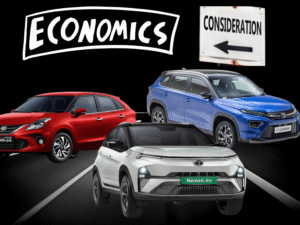
3. Efficiency and Practicality
- Driving Experience: EVs have instant torque so consecutive acceleration is smooth and quick.
- Hybrids have a gas powered and electric powered source so they switch fairly seamlessly between the two.
- Gasoline vehicles are predictable to operate and often travel longer distances before having to refuel.
- EV’s have a charging or refueling need and need to get plugged in to charge.
- Refueling at some charge stations, but not all can be used as home charging stations should be the easiest option to access.
- Many gasoline filling stations offer hybrids a refuel, and some models have the added ability to charge the vehicle.
- Gasoline vehicles: Make use of a large network of filling stations making refueling fast and easy.
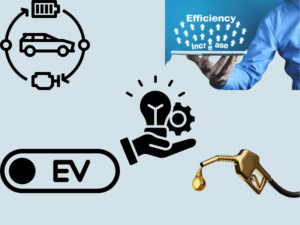
4. Environmental Impact EV’s
- emit no tailpipe emissions, and because EVs have no tailpipe emissions means they have no greenhouse gases and air pollution.
- Hybrids: People often drive hybrids and pollute less than conventional petrol driven automobiles, especially in urban settings.
- Petrol Cars: More emissions means more problems with air quality and climate change.
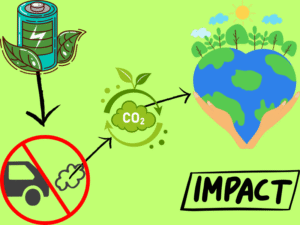
5. Infrastructure and Availability in India
- EVs: While the Indian government is investing in charging infrastructure, availability will differ from region to region.
- Hybrids: Do not rely on charging infrastructure, which will make them more suitable to some areas that do not have the backup support of being solely an EV.
- Petrol Cars: Fully matured infrastructure means petrol and service availability will be widespread.

Conclusion: Choosing the Right Option
Your choice should align with your driving habits, environmental situation and the type of infrastructure you can access.
You should select EV options if you can access charging facilities and use priority environmental impact.
You should select Hybrid options if you want better fuel efficiency, and do not rely solely on charging stations.
You should remain with Petrol Car options if your main considerations rests between upfront costs and proximity to refueling options.
As technology and infrastructure change and in some situations, improve, being aware will allow you to use the best option for your eligibility, current availability and infrastructure.

